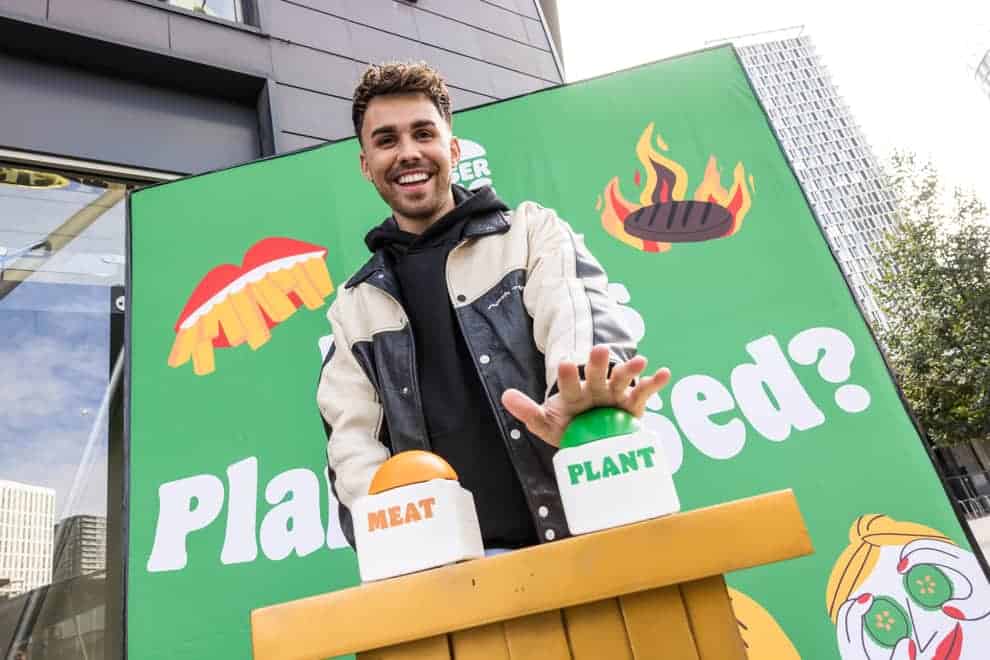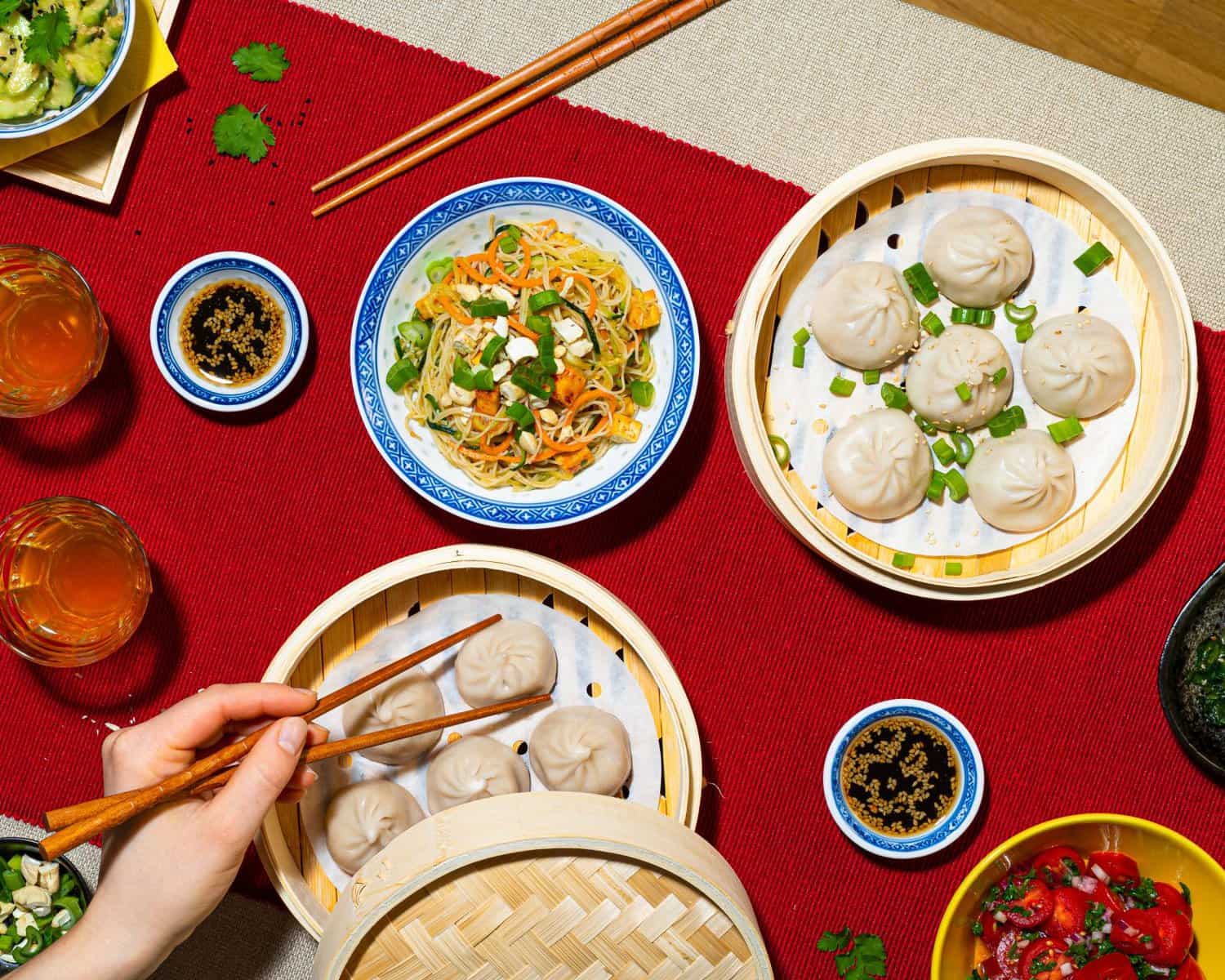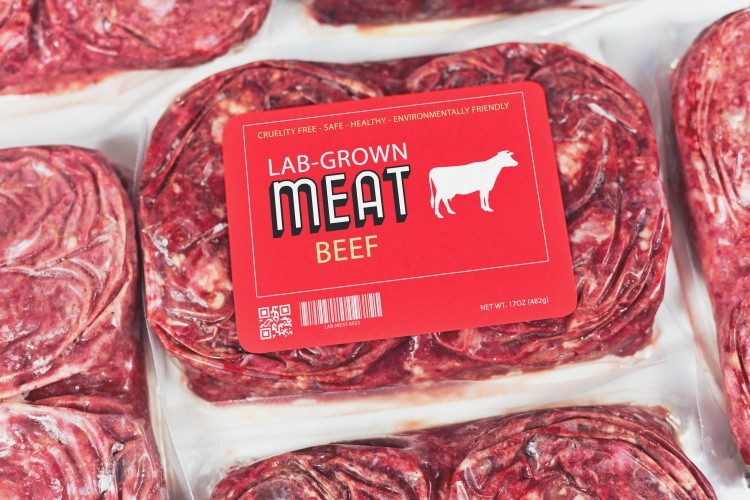Our food habits are evolving at an unprecedented pace, driven by advancements in technology, shifting consumer preferences, and growing environmental challenges. By 2025, the way food is produced, consumed, and perceived is expected to undergo a radical transformation. From alternative proteins to sustainable packaging and personalized nutrition, the future of food is shaping up to be innovative, ethical, and sustainable.
Revolutionizing Proteins: The Rise of Alternatives
Lab-Grown Meats: A Game-Changer for Sustainability
The development of lab-grown meat is set to redefine how we think about protein consumption. By cultivating meat directly from animal cells, this innovative approach eliminates the need for traditional animal farming. The benefits are multifaceted: significantly reduced greenhouse gas emissions, lower water usage, and the ethical advantage of producing meat without slaughtering animals. By 2025, lab-grown meats could become a mainstream option, appearing on restaurant menus and grocery store shelves worldwide.
Plant-Based Proteins Taking Center Stage
Plant-based alternatives have already gained traction, and their growth shows no signs of slowing down. Advances in food science are enabling companies to create plant-based meats that mimic the taste, texture, and nutritional profile of traditional meat. Products like plant-based chicken nuggets, burgers, and sausages are becoming household staples. These innovations cater not only to vegetarians but also to flexitarians seeking to reduce their meat consumption.
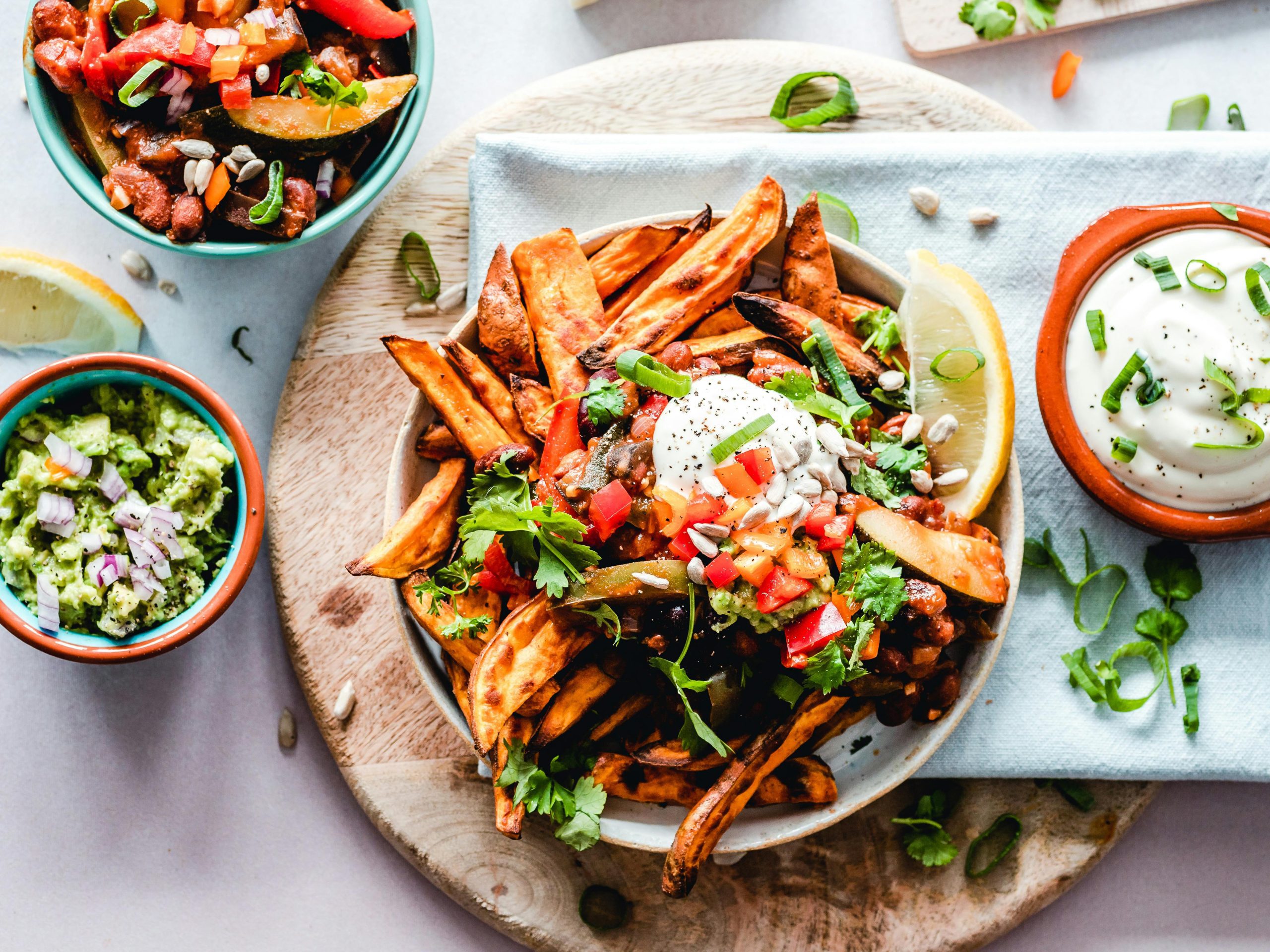
Hybrid Proteins: Bridging the Gap
A novel trend emerging by 2025 is the rise of hybrid proteins—products that combine plant-based and cultivated fats or proteins. This approach offers a unique blend of sustainability and authenticity, catering to consumers who seek eco-friendly options without compromising on flavor or texture. Hybrid products could serve as a transitional step for consumers moving toward more sustainable eating habits.
Sustainability at the Core of Food Innovation
Eco-Friendly Packaging Solutions
The food industry is making significant strides in addressing the environmental impact of packaging. By 2025, sustainable alternatives to single-use plastics will dominate the market. Innovations like compostable packaging, edible wrappers, and biodegradable materials are becoming industry standards. These advancements not only reduce waste but also align with consumer demands for eco-conscious products.
Reducing Food Waste Through Technology
Food waste remains a global challenge, but technology offers promising solutions. Smart packaging with sensors that monitor freshness and innovative apps that connect surplus food to those in need are becoming widespread. By 2025, these technologies will play a critical role in reducing food waste at every stage of the supply chain.
Local and Vertical Farming: Growing Food Sustainably
Urbanization and climate change are driving the need for localized food production. Vertical farming and hydroponics are emerging as scalable solutions for producing fresh produce with minimal land use and water. These technologies enable year-round farming, reduce transportation costs, and ensure consistent food quality, making them essential to the future of sustainable agriculture.
Personalized Nutrition: Food Tailored to You
AI and Genomics Shaping Diets
By 2025, artificial intelligence and genetic analysis will revolutionize how individuals approach their diets. Personalized nutrition plans based on genetic profiles, lifestyle factors, and health goals will become increasingly common. AI-driven platforms can analyze vast amounts of data to recommend food choices that optimize health outcomes, from boosting energy to managing chronic conditions.
Functional Foods for Health and Wellness
Consumers are increasingly seeking functional foods that provide more than basic nutrition. By 2025, foods fortified with probiotics, antioxidants, and adaptogens will dominate supermarket shelves. These products cater to a growing demand for food that supports immunity, mental clarity, and overall well-being.
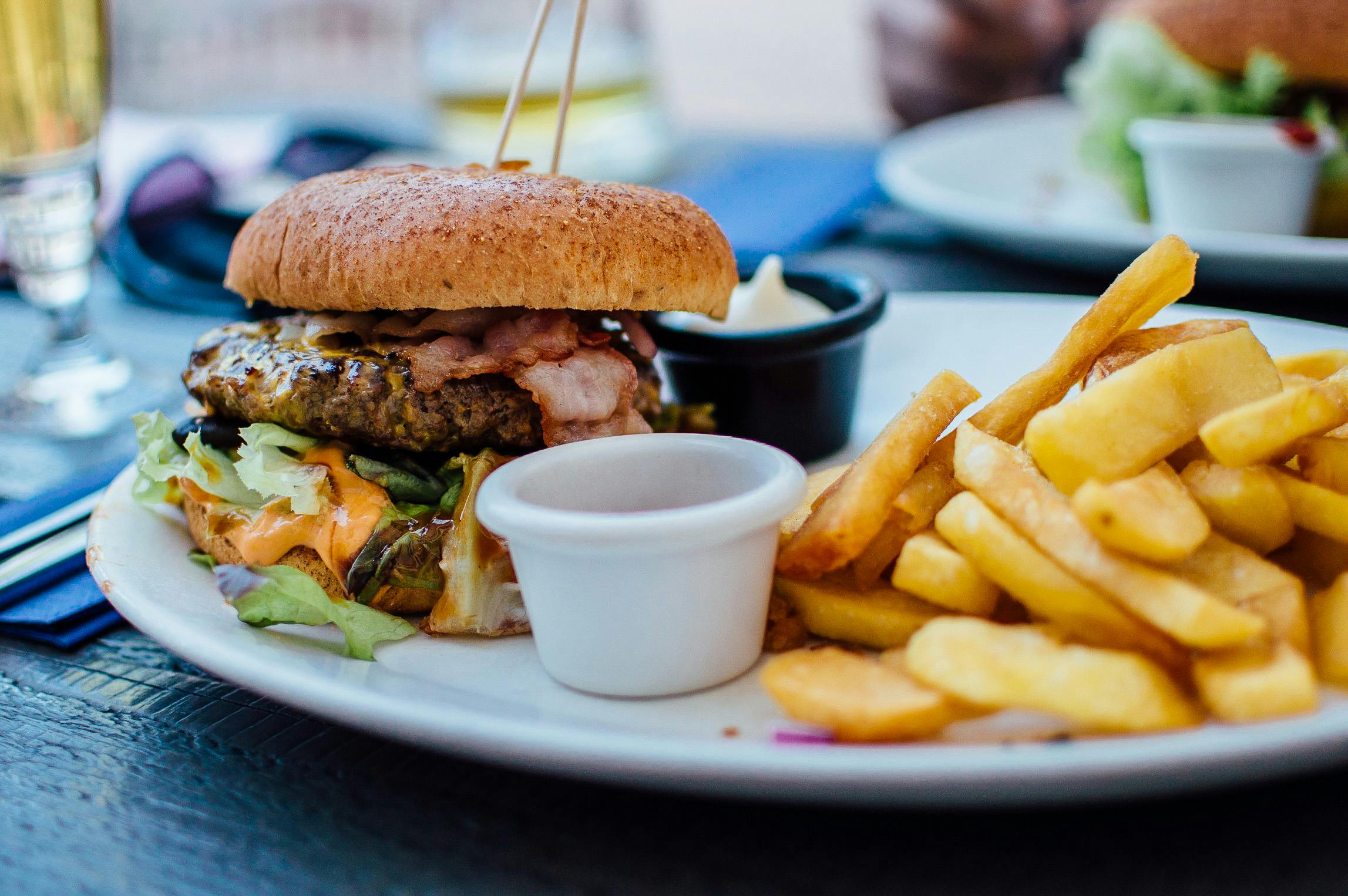
Tech-Enabled Meal Planning
Smart devices and apps are set to play a significant role in meal planning and grocery shopping. By integrating with wearable health trackers, these tools can recommend meals and recipes that align with individual health data. This seamless integration of technology into daily life ensures convenience and promotes healthier eating habits.
The Global Impacts of a Changing Food Landscape
Addressing Global Food Security
With the global population on the rise, ensuring food security is more critical than ever. Innovations like lab-grown meat and vertical farming offer scalable solutions to feed the world sustainably. By reducing reliance on traditional agriculture, these technologies can mitigate the impacts of climate change and resource scarcity.
Empowering Local Economies
The shift toward localized food production, such as urban farms and community-supported agriculture, empowers local economies. By 2025, this trend will help reduce the carbon footprint associated with food transportation and create opportunities for small-scale farmers and entrepreneurs.
Cultural Shifts in Eating Habits
As new technologies reshape the food industry, they also influence cultural norms. By 2025, plant-based and lab-grown options will be embraced not just for their environmental benefits but also for their role in expanding culinary creativity. These shifts will redefine traditional cuisines and open the door to entirely new food experiences.
Conclusion: A Vision for 2025
The future of food by 2025 is one of innovation, sustainability, and personalization. From lab-grown meats to AI-driven nutrition plans, the industry is evolving to meet the challenges of a growing population and a changing planet. These advancements not only promise a more ethical and eco-friendly approach to food production but also cater to the diverse needs and preferences of modern consumers.
As we move closer to 2025, the food industry is poised to deliver solutions that balance taste, health, and sustainability. It’s a future where technology and tradition converge, creating a food system that benefits people, animals, and the planet alike. The journey has just begun, and the possibilities are limitless.





